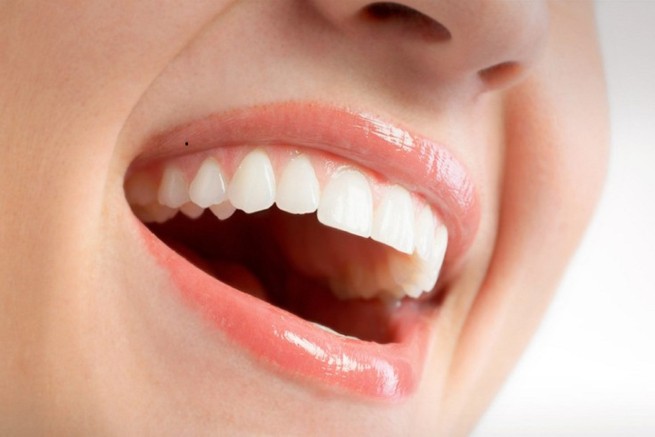Celiac disease is one of the most common autoimmune diseases, developing mainly in childhood.
A new study has found that wear of tooth enamelwhich often occurs in people with celiac disease, that is, people with gluten intolerance, can be caused by an autoimmune reactionassociated with intestinal or protein problems.
Researchers from the University of Eastern Finland (Department of Dentistry) have discovered a link between the abnormal development of tooth enamel observed in some autoimmune diseases such as celiac disease and the development of antibodies responsible for formation of healthy tooth enamel.
Celiac disease is one of the most common autoimmune diseases, developing mainly in childhood and affecting 1 in 100 people.
When the body is exposed to the protein gliadin, it is modified by the enzyme transglutaminase, and the immune system reacts, causing an inflammatory responsewhich leads to shortening of the villi of the small intestine (so-called villous atrophy). This interferes with the absorption of nutrientssince they are responsible for absorption intestinal villiThen antibodies against gliadin (IgA AGA, IgG AGA) are detected in the body.
Although the main a symptom of celiac disease is inflammation of the intestinesit is known that in children affected by this disease, tooth enamel often does not develop properly. That is why the dentist will be the first to suspect celiac disease.
For a long time, experts believed that the dental manifestations of celiac disease were caused primarily by malabsorption of nutrients associated with intestinal inflammation..
A new study shows for the first time that Problems with tooth enamel formation may be caused by antibodiesproduced in the intestines, by binding to proteins that control development of tooth enamel.
This is because dental enamel proteins have similar antibody binding patterns to the TGM2 enzyme and the kappa-casein protein in cow's milk.
The study involved scientists from the Czech Republic, Israel, Norway, Hungary and Finland, who observed 48 adults and 21 children with celiac disease, as well as 28 patients with autoimmune polyglandular syndrome (APS1).
The immune response associated with enamel damage has also been studied in animals. Professor Szabolcs Felszegi from the University of Eastern Finland has shown that Anti-TGM2 antibodies in celiac patients may bind to enamel proteins and inhibit tooth growth.







More Stories
Severe Back Pain: When to See a Doctor, What You Need to Know
Expert Opinion: Very Popular Diet Raises Diabetes Risk
Artificial intelligence system capable of diagnosing over 1000 diseases at an early stage